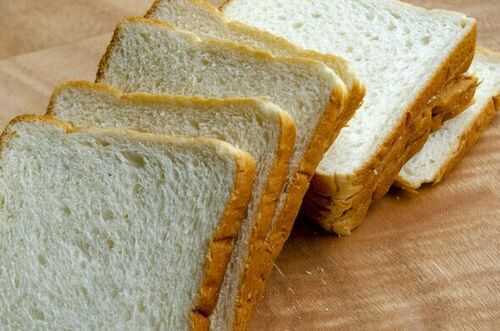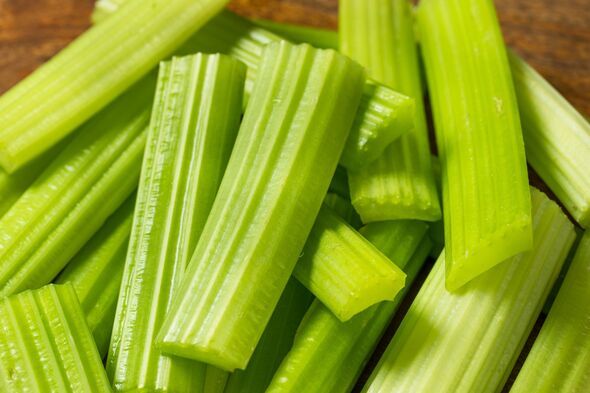

Bread is fundamental, it's delicious, and it's perfect at any time of day: as toast for breakfast, a sandwich for lunch, or a reliable accompaniment for nearly anything you're having for dinner. However, in less than a week, sliced bread can quickly go stale, or worse, mouldy.
Given the usefulness of bread, it definitely hurts a little inside when a loaf starts to go stale or get mouldy in your kitchen. There are a range of different ways people like to store their bread - in the fridge, in its original packaging, in a paper bag or in the freezer. It turns out that the fridge is one of the worst ways to keep bread fresh longer, and it's better to keep it in a bread bag along with a common vegetable.

Storage experts at Green Beeswax Wrap recommend using a linen bread bag and popping in a stick or two of celery to keep bread fresh.
To fully understand the significance of putting celery in a bread bag, it is important to understand the factors that contribute to bread spoilage.
Bread freshness is primarily affected by moisture loss, which leads to dryness, hardening, and even mould growth. Exposure to air, temperature fluctuations and microbial activity can accelerate these processes.
Various traditional preservation methods, such as storage in bread bins or refrigeration, are designed to minimise moisture loss. However, they do not always provide optimal results. This sets the stage for the introduction of "unconventional but promising" methods for celery.
The experts explained that the unique properties of celery make it an "interesting candidate for preserving bread". One of the most remarkable properties of celery is its high water content, which is about 95% of its weight.
They said: "By placing one or two celery stems inside a bread bag, the moisture within the stems can be transferred to the surrounding environment.
"This moisture transfer helps create a moist microclimate inside the bag, reducing the rate of moisture loss from the bread. As a result, the bread stays soft and moist for a long period of time."
As well as moisture regulation, celery has natural antibacterial properties that prevent the growth of mould and mildew. This helps prevent mould spores and other microorganisms from settling on the bread.